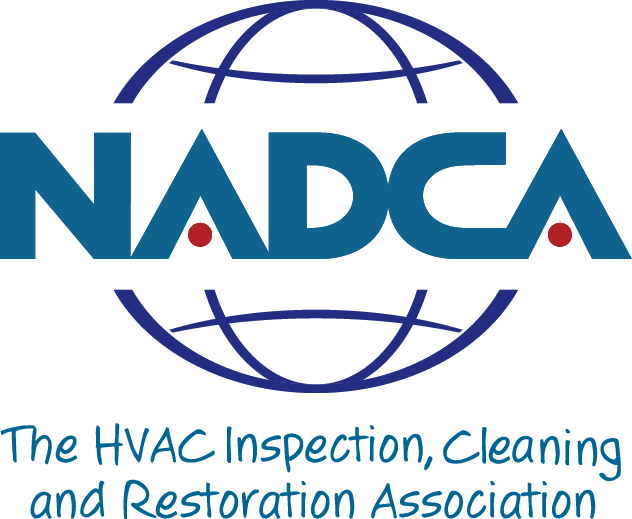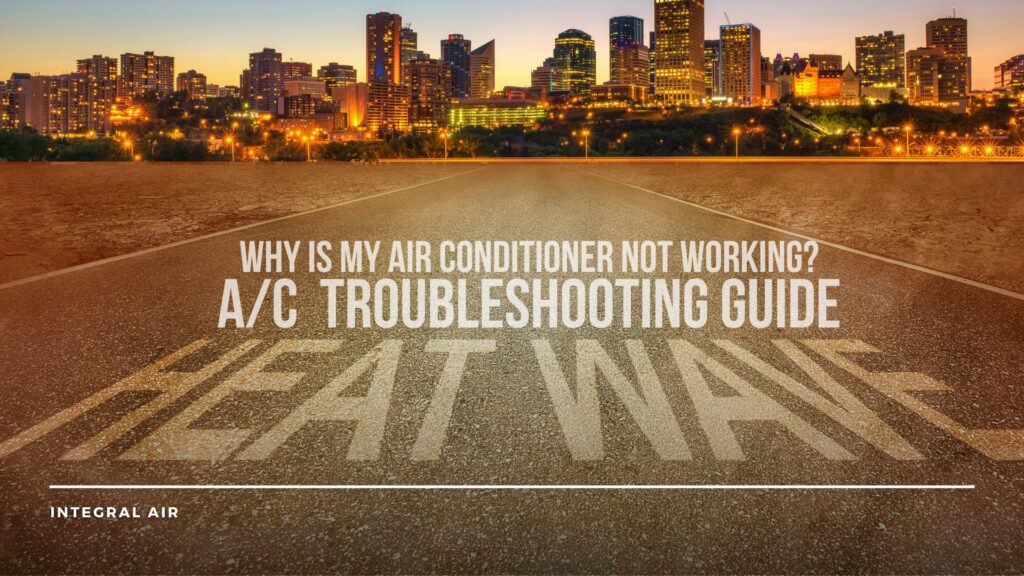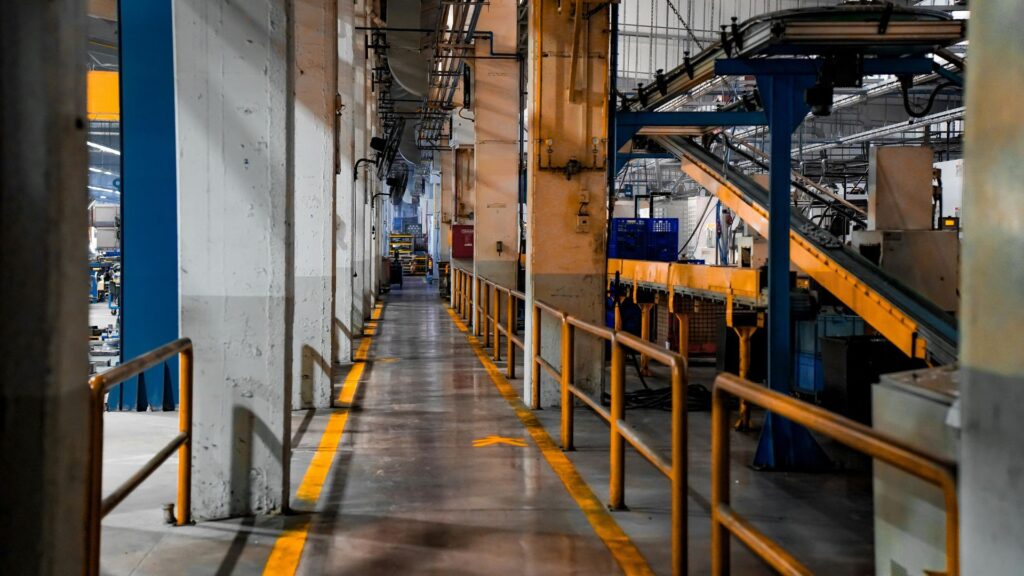During the sweltering Alberta heat wave, a functioning air conditioner is a must. But what happens when your air conditioner stops working?
This guide is here to help. We’ll delve into the world of air conditioner troubleshooting, providing you with practical tips and insights.
From common issues to step-by-step solutions, we’ve got you covered. We’ll also discuss when it’s time to call in the professionals for Edmonton HVAC repair.
Whether you’re dealing with a Rheem or Heil air conditioner, our troubleshooting tips apply. We aim to help you restore comfort in your home as quickly as possible.
Remember, while some issues can be fixed at home, others require professional attention. Ignoring small problems can lead to larger, more expensive repairs down the line.
Understanding Air Conditioner Basics
Before we dive into troubleshooting, it’s important to understand how an air conditioner works. At its core, an air conditioner removes heat from your home and releases it outside.
This process involves several key components, including the compressor, condenser, evaporator, and expansion valve. Each plays a crucial role in cooling your home. Understanding these basics can help you identify potential issues and perform effective air conditioner troubleshooting.
Common Symptoms of Air Conditioner Issues
When your air conditioner is not working, it can manifest in several ways. Recognizing these symptoms is the first step in troubleshooting your air conditioner.
Here are some common signs that your air conditioner may be experiencing issues:
- The air conditioner won’t turn on
- The air conditioner isn’t cooling
- Strange noises or odors are coming from the unit
- The air conditioner is cycling on and off frequently or running constantly

The Air Conditioner Won't Turn On
One of the most common issues is when the air conditioner won’t turn on. This could be due to a variety of reasons, such as a tripped circuit breaker, a faulty thermostat, or a problem with the internal components of the unit.
It’s important to check the power supply and thermostat settings first before delving into more complex troubleshooting steps.
The Air Conditioner Isn't Cooling
Another common issue is when the air conditioner is running but not cooling your home. This could be due to low refrigerant levels, a dirty air filter, or issues with the condenser or evaporator coils.
In such cases, basic maintenance like cleaning or replacing the air filter can often resolve the issue.
Strange Noises or Odors
If you notice strange noises or odors coming from your air conditioner, it’s a clear sign that something is wrong. Noises could indicate a problem with the fan motor or compressor, while unusual odors could be a sign of mold or mildew buildup.
In such cases, it’s best to turn off the unit and call a professional for HVAC repair.
Frequent Cycling or Constant Running
If your air conditioner is cycling on and off too frequently or running constantly, it could be a sign of an oversized unit, a refrigerant leak, or a problem with the thermostat.
Such issues can lead to higher energy bills and reduced lifespan of the unit, so it’s important to address them promptly.

Initial Troubleshooting Steps
Before you call a professional for HVAC repair, there are a few simple troubleshooting steps you can take. These steps can often resolve minor issues and restore your air conditioner to working order.
Here are some initial troubleshooting steps you can take:
- Check your thermostat settings
- Inspect the air filter
- Assess power supply and circuit breakers
Check Your Thermostat Settings
The first step in air conditioner troubleshooting is to check your thermostat settings. Ensure that it’s set to “cool” and the temperature is set lower than the current room temperature.
If your thermostat is programmable, make sure the programming is correct and the batteries are not dead.
evaporator, and expansion valve. Each plays a crucial role in cooling your home. Understanding these basics can help you identify potential issues and perform effective air conditioner troubleshooting.

Inspect the Air Filter
A dirty or clogged air filter can restrict airflow and cause your air conditioner to not cool properly. Inspect the air filter and replace it if it’s dirty or clogged.
Regularly replacing your air filter can improve your air conditioner’s efficiency and prevent future issues.
Assess Power Supply and Circuit Breakers
If your air conditioner won’t turn on, it could be due to a power issue. Check if the unit is plugged in and the power switch is on.
Also, check your home’s circuit breaker. If the breaker has tripped, reset it and see if your air conditioner starts working.

Advanced Troubleshooting Techniques
If the initial troubleshooting steps don’t resolve the issue, you may need to delve deeper. Advanced troubleshooting techniques can help identify more complex problems.
Here are some advanced troubleshooting techniques to consider:
- Check refrigerant levels and for leaks
- Inspect the condensate drain and evaporator coil
- Examine the outdoor unit and fan motor
Refrigerant Levels and Leaks
Low refrigerant levels can cause your air conditioner to not cool properly. If you suspect a refrigerant leak, look for signs such as ice on the refrigerant line or a hissing sound.
Remember, refrigerant is a hazardous substance. If you find a leak, it’s best to call a professional for HVAC repair.
Condensate Drain and Evaporator Coil
A clogged condensate drain can cause water to back up into your air conditioner, leading to various issues. Check the drain for clogs and clean it if necessary.
Also, inspect the evaporator coil. If it’s dirty, it can affect your air conditioner’s ability to cool.
Outdoor Unit and Fan Motor
The outdoor unit and fan motor play a crucial role in your air conditioner’s operation. If the outdoor unit is dirty or the fan motor is not working, it can affect your air conditioner’s performance.
Clean the outdoor unit and check the fan motor for any issues. If the motor is not working, you may need to call a professional for HVAC repair.
When to Call an Edmonton HVAC Professional
While some air conditioner issues can be resolved with simple troubleshooting, others require professional attention. Recognizing when to call an Edmonton HVAC professional is crucial to prevent further damage.
Recognizing Complex Issues
Complex issues such as refrigerant leaks, electrical problems, or a malfunctioning compressor are best left to professionals. If your air conditioner is still not working after troubleshooting, it’s time to call an expert.

The Benefits of Professional HVAC Repair
Professional HVAC repair services offer expertise and equipment that homeowners typically don’t have. They can accurately diagnose and fix complex issues, ensuring your air conditioner runs efficiently and safely.
Preventative Maintenance Tips
Preventative maintenance is key to avoiding air conditioner problems. Regular cleaning and care, along with seasonal HVAC check-ups, can help keep your system running smoothly.
- Clean and replace air filters regularly
- Ensure proper insulation and sealing
- Clean outdoor units and maintain proper drainage
- Regularly check and reset safety switches
- Maintain proper ventilation in your home

Regular Cleaning and Care
Regular cleaning and care of your air conditioner can prevent many common issues. This includes cleaning or replacing air filters, checking for refrigerant leaks, and ensuring the outdoor unit is free of debris.
Seasonal HVAC Check-Ups
Seasonal HVAC check-ups, especially before the summer season in Edmonton, can help identify potential issues early. A professional can inspect your system, perform necessary maintenance, and suggest any needed repairs.

Emergency Air Conditioner Troubleshooting Edmonton
Air conditioner troubleshooting can be a daunting task, especially during an Alberta heat wave. However, understanding common issues and performing regular maintenance can prevent many problems. When in doubt, don’t hesitate to call a professional Edmonton HVAC service to ensure your comfort and safety.








